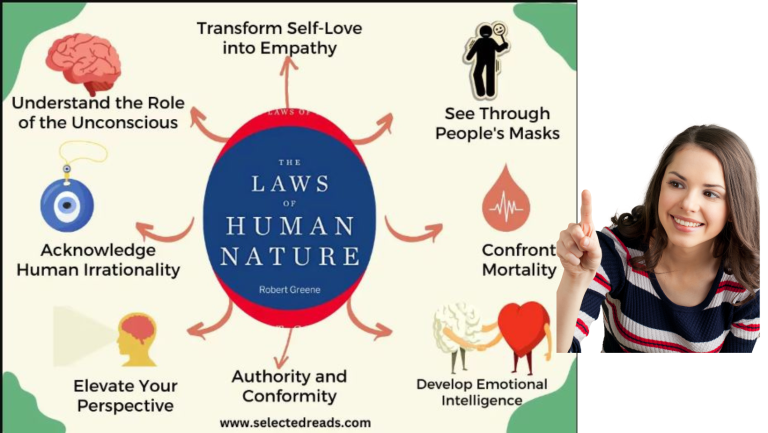Dreams in Islam are 46th part of prophecy
Dreams in Islam are 46th part of prophecy

Dreams in Islam are of three types
- Rahmaani (those that come from Allah)
- Nafsaani (psychological, they come from within a person)
- Shaytaani (those that come from the Shaytaan).
The Prophet Muhammad (peace and blessings of Allah be upon him) said: “Dreams are of three types: a dream from Allah, a dream which causes distress and which comes from the Shaytaan, and a dream which comes from what a person thinks about when he is awake, and he sees it when he is asleep.”
(al-Bukhaari, 6499; Muslim, 4200)
A two value-laden Arabic words is used for “dream”, ru’ya and hulm, respectively “vision” and “fantasm” — both of which are mentioned in the Qur’an and the Prophetic Sunnah — which differ widely in application and significance, the first one being good and the latter either bad or meaningless. When the dream originates from a higher spiritual source — such as God or the angels — it is a “truthful vision” (ru’ya sadiqah).
This is the term the Mother of the Believers Hadrat Aisha(Radiyallahu Anha) used when she described the beginnings of the descent of revelation upon Prophet Muhammad(upon him and his family blessings and peace). Such visions are not only uplifting as a rule, but they also present meaningful disclosures which are invariably confirmed in a wakeful state: “He would never see a vision,” she continued, “except it subsequently came true as surely as the cleaving of the dawn.”
The Prophet Muhammad (peace be upon him) saw in his dream that he had conquered Mekah long before the conquest took place, after which the Quranic verse was revealed: { “Surely Allah showed to His Messenger (blessings and peace be upon him) the dream exactly true..” }
►(Surah Fath Chapter 48: Verse 27).Similarly, Prophet Joseph(AS) saw 11 planets prostrating to him
►(Surah Yusuf Chapter 12: Verse 4), which stood for his 11 brothers who eventually came under his sway.
Dreams in Islam :
If, however, the dream in Islam, originates from a lower source such as one’s EGO (nafs), the DEVIL(satan) or a collaboration of both, it is considered either insignificant or harmful. Examples of nafs-bound dreams are sexual fantasies, dreaming of water when thirsty, wealth or other preoccupations rooted in one’s psyche as well as incoherent narratives.
Examples of satanic whisperings are dreams that affect one’s spirit negatively. All such phenomena the Qur’an calls { “a confused jumble” }
►(12:44, 21:5), hence the Prophet Muhammad (peace be upon him) himself made the semantic distinction: “The true dream(Ru’ya) is from Allah while bad dream (hulm) is from the devil.”
►{Sahih Bukhari,Book of Dream Interpretation,Hadith #6583}.He recommended to recount only dreams of the first type. As for bad dreams, we are ordered to keep their harm at bay by seeking refuge in God from them and strictly never retelling them to anyone.
Hazrat Abu Sa’eed al-Khudri (may Allah be pleased with him) said: the Prophet (peace and blessings of Allah be upon him) said: “If any one of you sees a dream that he likes, this is from Allah, so let him praise Allah for it and talk about it to others.
If he sees other than that, a dream that he dislikes, this is from the Shaytaan, so let him seek refuge with Allah from its evil and not mention it to anyone, for it will not harm him.” (Narrated by al-Bukhaari, 6584, and Muslim, 5862).
Read More – Benefits of Quran, all 114 Surahs of Holy Quran.





